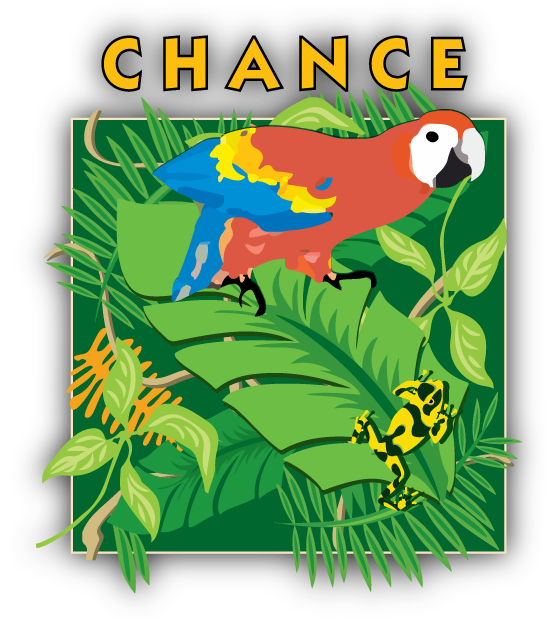This insightful video on the CHANCE Romania field course program was created by Bogdan Dochițanu, a University of Bucharest student. Thank you, Bogdan!
Program Overview
The Danube River, which runs for 1800 miles through ten countries (including Germany, Hungary, Romania, Bulgaria, and Serbia), has a distinctive history of sustainability. Heavily polluted when bordering countries were industrializing under Soviet rule, the river began to recover in the 1990s, but is now threatened again, particularly by the presence of micro-plastics, pesticides, and industrial waste. In this hands-on embedded course series, you can make a significant contribution to the scientific research that is seeking to preserve the ecosystems of this vital waterway. You can read more about the biological, economic, social, and political challenges the river faces: here.
In this unique and groundbreaking course series, you will work together with a group of students from the University of Bucharest, Romania to develop your skills in navigating complex, inter-disciplinary challenges with global implications. These are not like problems from a textbook, rather they are real-world challenges that you will engage in directly by visiting research sites along the river; working side-by-side with scientists to carry out undergraduate research to save it; and creating opportunities to advocate for change with politicians, international agencies, and university leaders.
The short-term study abroad academic experience is divided into three primary sections and two courses (one online and one on site in Romania):
PRE-FIELD (online course, mid-spring semester 2021; 4.0 credits): Before you leave for Romania, we will prepare you to engage in research and scientific inquiry, using a team-based learning approach. Each team, consisting of a mix of students from both universities, will undertake a mini-research activity using authentic data on nutrient overload and eutrophication in the Danube River, and identify, develop, and present a mini-project related to a United Nations Sustainable Development Goal (SDG). Both exercises are intended to give you practice with the skills you will need to successfully engage in a course-based undergraduate research experience (CURE) once you are on site.
FIELD (second-summer semester course, field practicum July 5-25, 2021; 0.25 credits): While you are in Romania, you and your team members (two U.S. and two Romanian students per group) will be assigned one of two CUREs related to water issues affecting the Danube delta (Appendix). Over the course of a three-week period, you and your team will develop your scientific research skills relevant to your CURE, design a unique experiment, then head out to the field to carry out your experimental work. Throughout all stages of your research, you will be working directly with leading scientists who are engaged with sustainability research in your selected area. When you are not working in the field or analyzing your data, you will also have opportunities to learn more about the economic, environmental, social, cultural, and political factors that contribute to sustainability challenges facing the Danube River through a series of professional lectures, guided tours, one-on-one meetings with Romanian government and non-governmental stakeholders and U.S. Embassy of Bucharest officials, and panel discussions with experts.
At the end of your CURE experience, your research team will be expected to present their work to a group of Romanian and U.S. leaders and stakeholders and to the Penn State community. The evidence you collect will also be included in a database of research data to be shared with members of a network of scientists and scholars who are continuing to work on restoring the ecosystem of the Danube waterway.
In the event the field course is cancelled due to the worldwide COVID pandemic, we will still meet binationally online to carry out a united research project addressing a global problem.
POST-FIELD (online and part of summer course, August 2021): Following the departure of American students back to the United States, assigned student groups will reconvene online to develop an environmental advocacy project that applies the skills learned from their experiences in Romania to new contexts.
CHANCE 2021 Romania field course program participants and support staff.
University of Bucharest students who are interested in participating in the CHANCE Romania field course should contact Maria Iasmina Moza, email: maria.moza@g.unibuc.ro, Romanian Mentor and Program Assistant.







